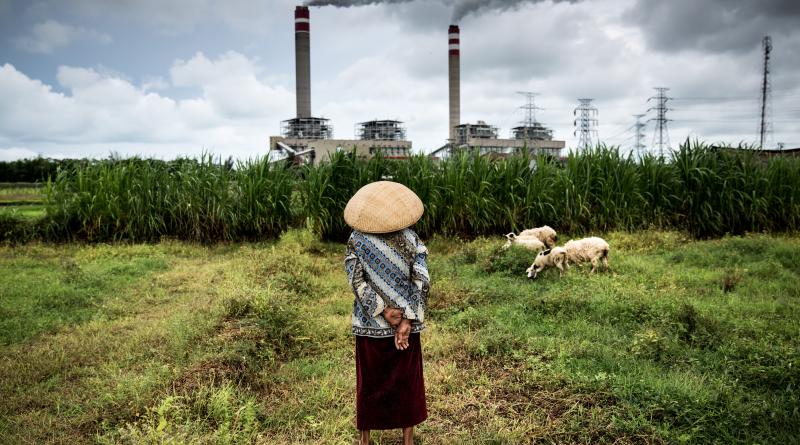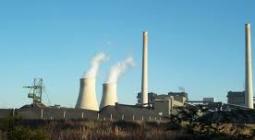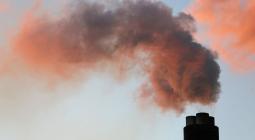Japan funds toxic coal plants abroad emitting more pollution than domestic plants – Greenpeace analysis.

Tokyo, Japan – The Japanese Government and its public finance agencies JBIC, JICA, NEXI are exporting pollution to other countries by funding coal-fired power plants abroad, that emit far more toxic air pollutants than would be allowed in Japan.
This deadly double standard in emission limits allows Japanese-financed coal power plants to emit up to 13 times more nitrogen oxides (NOx), 33 times more sulfur dioxide (SO2) and 40 times more dust than those plants built in Japan.
The findings, released in a joint Greenpeace Southeast Asia and Greenpeace Japan report, reveal that the public finance agencies’ 16.7 billion USD investment in coal plants between January 2013 and May 2019 is estimated to cause a total of 148,000 to 410,000 avoidable premature deaths over the typical 30 year operation period of such plants.
“It’s unfortunate to see the gap between Japan’s promises of exporting quality infrastructure and the reality of low-quality coal technology exports. Japan should honor its trading partners and citizens of those countries by promoting energy technologies that stop hurting people’s health and the environment,” said Senior Energy Campaigner, Hanna Hakko at Greenpeace Japan.
“Japan could become a champion for renewables, but that requires giving up the harmful export of polluting coal technology.”
Japan is currently the only G7 country still actively building new coal power plants at home and abroad, and is the second largest public investor in overseas coal projects among the G20 countries.
Tata Mustasya, Greenpeace Southeast Asia’s Regional Climate and Energy Campaign Coordinator, said:
“If it’s not good enough for Japan, it’s not good enough for Indonesia. Governments in the host countries of Japan’s coal projects must protect their citizens by setting stronger emission standards and rapidly transitioning away from coal to clean and renewable energy. This change in policies and investments has to happen now, for human and environmental health, and to safeguard the future of our planet.”
Greenpeace demands that both Japan and countries receiving Japanese coal financing shift immediately away from coal and toward clean renewable energy sources. This is the only way to avoid the severe health impacts of coal emissions, including hundreds of thousands of premature deaths. Furthermore, this shift is crucial to avoid the worst impacts of climate change.
Greenpeace Southeast Asia and Greenpeace Japan analysis found from the modeling:
- Japanese-financed coal power plants overseas emit, up to 13 times more nitrogen oxides (NOx), 33 times more sulfur dioxide (SO2) and 40 times more dust pollution than those plants built in Japan.
- Approx. 3.3 million people would be exposed to dangerous sulfur dioxide (SO2) levels from the emissions of the power plants, when operated to local emission limits.
- The most premature deaths due to Japanese investments are projected to occur in India (160,000) and Indonesia (72,000), followed by Vietnam (36,000) and Bangladesh (14,000) over the 30 years of coal power plant operations due to long-term exposure to fine particulate matter (PM2.5) and nitrogen dioxide (NO2) pollution.
21 August 2019
GREENPEACE




